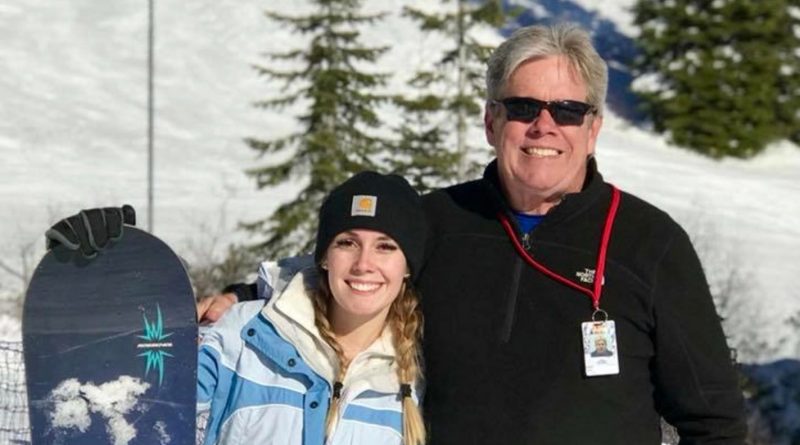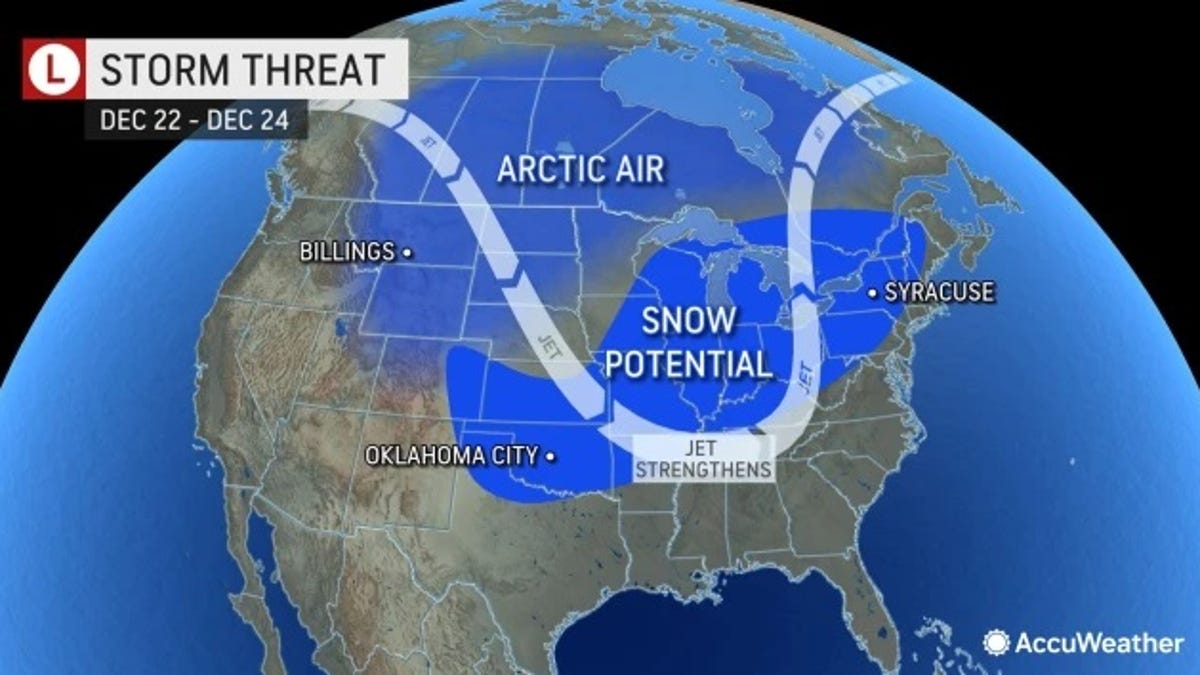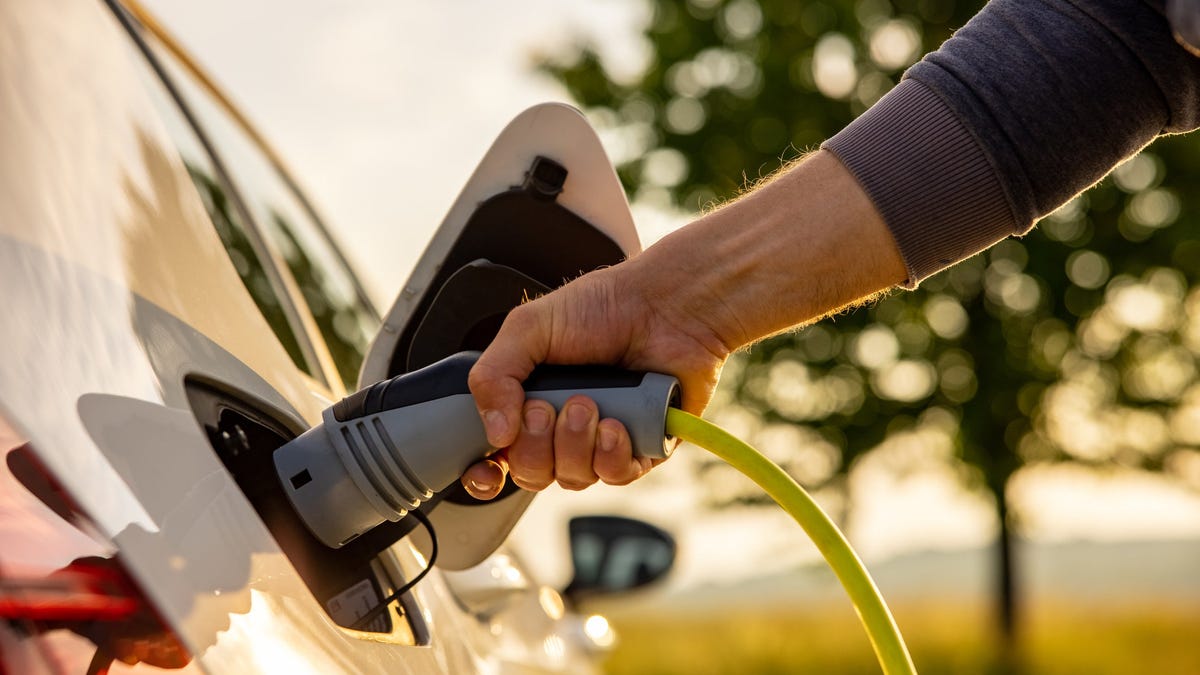California woman lost dad to virus, faces online deniers
If you thought COVID-19 symptoms couldn’t get worse, doctors say a new symptom has emerged. Hallucinations.
USA TODAY
REDDING, Calif. – In the months since her father died from coronavirus, a Redding woman said she’s been called everything from a liar to a sensationalist perpetuating a misinformation campaign.
When Mark Neal lost his battle with the virus in April, his 21-year-old daughter Alex Neal posted on social media and told people in person he had died. Since that time, calls and comments from those who believe the virus is a hoax have made dealing with her grief more difficult.
People told me to my face he didn’t really die of the coronavirus, she said. “It has been pretty awful. If he had died of cancer, I think people would have said a lot more nicer things to me.”
Negative comments she received are often politically-charged reactions to her telling people her father died as a result of the coronavirus, and to her plea on social media for people to wear masks — an act she said might have saved her father had people known to wear them back in February.
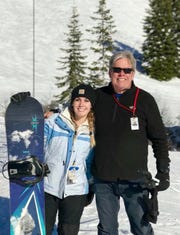
Alex Neal, 21, snowboards with her father, Mark David Neal, 62, in January. Her father died as a result of the coronavirus in April after a five-week struggle with the disease. (Photo: Alex Neal of Redding)
She wrote on Facebook on Aug. 7: “I have had people tell me to suck it up; ‘hospitals get paid to put COVID on death certificates;’ ‘stop being a sheeple;’ ‘stop being a zombie;’ ‘if he ate like this (diet) then he wouldn’t have died;’ ‘everyone dies eventually;’ and so much more.”
Politicizing the pandemic makes no sense to her, she said.
“In the real world, COVID doesn’t care if you’re political or not. Wearing a mask doesn’t take your rights away. I hope it doesn’t take someone they love dying to convince (people) the virus is real.”
At first, he sounded disoriented
Mark David Neal, a 62-year-old art photographer, kicked off 2020 the way he did most years: Trips to Mt. Shasta Ski Park and daily 10-mile bike rides.
Alex Neal said she had a little trouble keeping up with her athletic dad at the ski park. “He was doing jumps ahead of me.”
On Feb. 28, the Chico State University student got a call from her father while driving home to Redding. He sounded disoriented, she said. Normally tech savvy, he couldn’t figure out how to make an online doctor’s appointment.
When Alex Neal got to her father’s house, she said he looked very sick. “We went to an urgent care and they said to go to the ER.”
Coronavirus in California: Two students in Anderson school district test positive for COVID-19
Staff at Mercy Medical Center diagnosed Neal with pneumonia, prescribed antibiotics and told him to follow up with his physician, Alex Neal said.
Mercy Medical Center would not confirm Neal’s diagnosis, citing patient confidentiality, Dignity Health North State spokeswoman Allison Hendrickson said.
Mystery illnesses show up
By March 7, Mark Neal felt well enough to take a short bike ride, but had to return home to rest. Days later, doctors found a pulmonary embolism and deep vein thrombosis in his ankle. “He’d never had them before,” Alex Neal said.
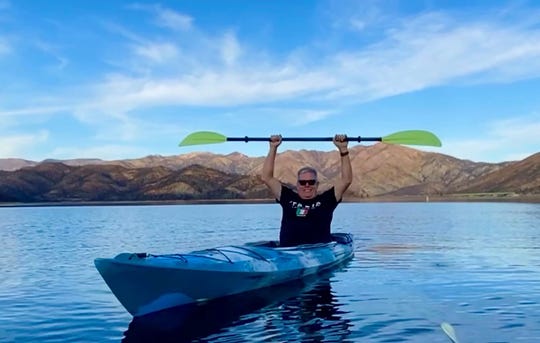
Avid sportsman Mark David Neal, 62, died as a result of the coronavirus on April 4 after five-weeks of being in and out of medical facilities. (Photo: Alex Neal of Redding)
On March 11, Mark Neal was admitted to Mercy Medical Center with a leukemia diagnosis and airlifted to the UC Davis Medical Center’s oncology unit.
“Things went downhill really quick,” Alex Neal said. “He couldn’t see. He couldn’t breathe. His temperature dropped to 94 degrees. His blood pressure was 85 over 50.”
Medical staff told Neal her father had had a stroke.
“About 20 doctors came into the room. I was standing in the corner. They didn’t have time to push me out because they were trying to keep him alive.”
Mark Neal was moved to the ICU. Again he recovered a bit and could speak.
He suffered another stroke March 15.
“I walked in and said, ‘Good morning, Dad.’ He said good morning, and mumbled something back to me. The right side of his face began to droop.” It was the last time he would speak.
Alex Neal borrowed her mother’s and step-father’s trailer, and moved into a Sacramento RV park to be closer to her dad’s hospital bed. She and her brother, Luke, then 19, were the only ones allowed to enter his room. She played phone messages for her father, left by his friends. “He had a lot of friends,” she said.
Testing on her dad continued. Two bone marrow tests came back negative for leukemia, but because of his symptoms, doctors were still not sure her father didn’t have it, Alex Neal said. They placed him on a ventilator and gave him chemotherapy.
Could it be COVID-19?
Still, Alex Neal said she asked UC Davis medical staff if her father could be tested for COVID-19. She said she was told he didn’t meet the qualifications.
Doctors gradually are learning more about the virus and the unusual symptoms that may emerge, like how patients can lose their sense of taste or smell, develop inflammatory conditions and other neurological problems.
Health officials only confirmed in late spring that blood clots and strokes could result from the coronavirus, according to The Associated Press.
For many people, the virus causes mild or moderate illness, such as fever or chills, muscle or body ache, fatigue and sore throat that clears up in two to three weeks. But in some cases, especially in older adults and people with underlying medical conditions, the disease can cause more serious complications, such as pneumonia, and even death.
Mark Neal wasn’t the only one denied a test. In March, a paucity of test kits and long wait times to get a result meant medical staffs across the United States had to screen patients based on what symptoms they knew the virus caused at that time.
“Until mid-March, COVID-19 testing was extremely limited and conducted by public health labs operated by the CDC, state of California and counties,” said Karen Finney, senior public information representative at UC Davis Health. “UC Davis Medical Center was not cleared by public health authorities to begin more widely testing of patients with our own in-house lab testing until March 18.”
That was the same date Mark Neal’s doctors announced no visitors would be allowed into his room anymore. Alex and Luke Neal stayed with their father until closing time, then said goodbye.
The next morning, Alex Neal said she was allowed back in to visit her father, an exception, but was told to leave permanently on March 26. By then, Mark Neal had developed sepsis and more blood clots in his legs.
‘I was able to hold his hand’
When Mark Neal’s COVID-19 test came back positive, doctors told Alex Neal the chemo probably prolonged her father’s life. The chemo compromised his immune system, so his body couldn’t create the inflammatory effect the coronavirus causes, she said.
Placed in quarantine, Alex Neal wasn’t allowed to see her father again until the day he died, April 4. “I got a call at 1 a.m. They didn’t know if they could keep him alive until I got there to say goodbye.”
When she arrived with her mother at the hospital, she begged staff to let her see her father in person. “They fully suited me up. I was able to hold his hand. Physically, he hadn’t changed that much; he looked like my dad.”
Mark Neal died 30 minutes after she entered the room, at 2:25 p.m.
Alex Neal said she feels lucky. “A lot of people don’t get to see their loved ones (with the coronavirus) in the hospital.”
In quarantine again after entering his hospital room, Alex Neal said she reflected on the what-ifs.
“You never know if what you say will be the last thing you say to someone. No matter what has happened, it’s better to be kind and tell them how you feel. I learned that from my dad.”
Months later, it’s painful to hear people say the virus is a hoax, or refuse to wear a mask “to protect others,” she said.
“Everything that happened to my dad was COVID related. (The cause of death on his death certificate from UC Davis says) he died of COVID. It’s hard to relive that experience every day. I hope people can grow to show more empathy and kindness toward each other.”
Follow Jessica Skropanic on Twitter: @RS_JSkropanic.
Read or Share this story: https://www.usatoday.com/story/news/nation/2020/09/05/coronavirus-california-covid-19-deaths-shasta-county-woman-mourns-father/5710645002/
Shared From Source link Breaking News
